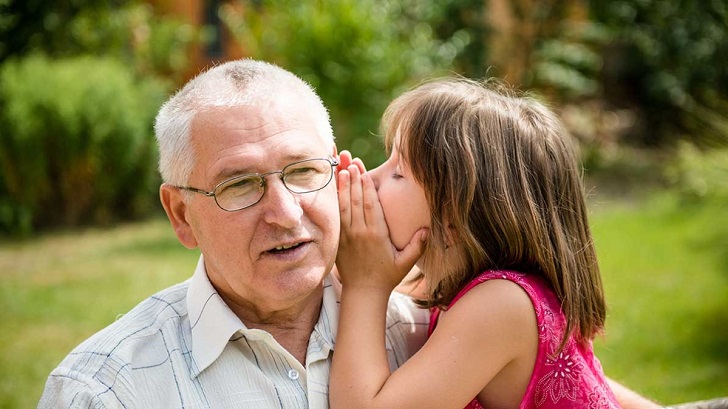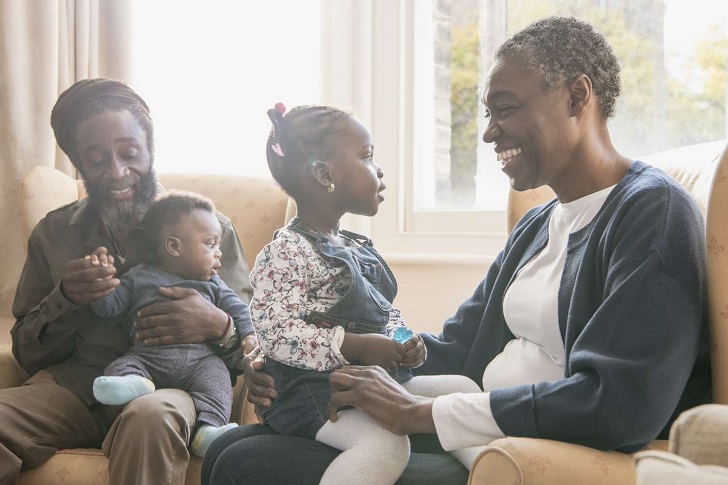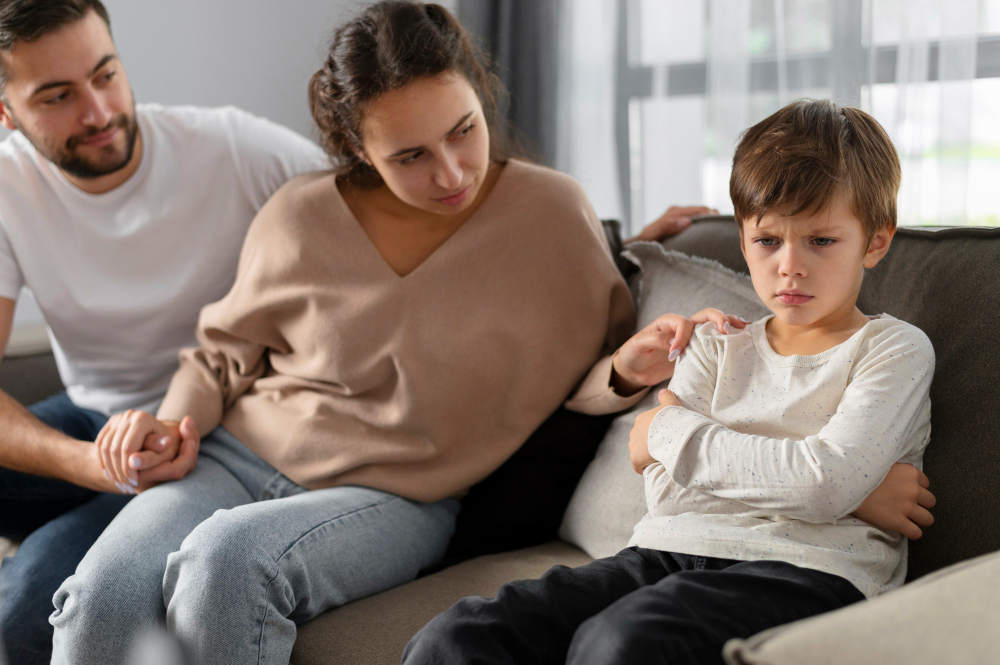Grandparents can play an important role in the lives of their grandkids. They are often a source of love, care, and wisdom—qualities from which the little ones can benefit throughout their growth and development.
However, when grandparents start competing over their grandkids, things can become tumultuous, jeopardizing these precious relationships. In this article, we’ll explore what parents can do to cope with grandparents who compete over their grandkids.
Communicate
The first step in resolving any conflict is communicating with all parties involved. Often, grandparents may not be aware that their behaviors are causing harm to the relationship between parents and grandkids. As parents, having a calm and honest conversation with your parents or in-laws about your concerns is important.
It’s important to be clear and specific about what bothers you so your parents or in-laws won’t feel like they’re being “attacked.” Listen to their side of the story and try to understand where they’re coming from—a compromise to find a solution that works for everyone.

Family Lives/ Pinterest | Nobody can do for little children what grandparents do.
Set Boundaries and Stick to Them
Once you’ve communicated your concerns, setting boundaries with your parents or in-laws is crucial. Be clear about what you’re comfortable with and what you’re not. For example, if you feel like your parents are undermining your parental authority, tell them they cannot contradict your parenting decisions in front of your kids.
If they insist on doing so, be firm about enforcing your boundaries. This may mean limiting their contact with your kids for a while or being more selective about the activities you engage in together.
Acknowledge Their Feelings
It’s important to remember that competitive grandparents are often well-intentioned, even if their behavior is misguided. They may try to show their love and affection for their grandchild or make up for lost time if they haven’t been involved in the child’s life as much as they’d like. Try to acknowledge their feelings and concerns while clarifying that you have your child’s best interests at heart.

JOANNIE DEBRITO/ PEXELS | Grandparents are a delightful blend of laughter, caring deeds, wonderful stories and love
Talk to Your Kids About It
Your kids may be too young to understand what’s happening, but if they’re old enough, talking to them about what’s happening between you and their grandparents is important. Explain to them that you all love them very much but that there are disagreements about how to care for them.
Reassure them that you and their grandparents are working to find a solution and that they shouldn’t feel caught in the middle. Encourage your kids to express how they feel about the situation and address any concerns they may have.
Have a Support System
Dealing with difficult family members can be stressful, so having a support system outside the family is important. This can be anyone you trust to listen to and offer advice, such as a close friend, a therapist, or a parenting group. Having someone to talk to can help you vent your frustrations and give you a fresh perspective. It can also help you feel less alone and isolated in dealing with the problem.

Johnny Greig/ Getty Images | There is no greater sound than the sound of your grandchildren laughing
Focus on What’s Best for Your Child
Ultimately, the most important thing is to focus on what’s best for your child. Don’t let competitive grandparents hinder your parenting goals or your relationship with your child. Make decisions based on your child’s needs and interests rather than trying to please the grandparents. Remember that you are the primary caregiver and decision-maker and that your child’s well-being should always be your top priority.










